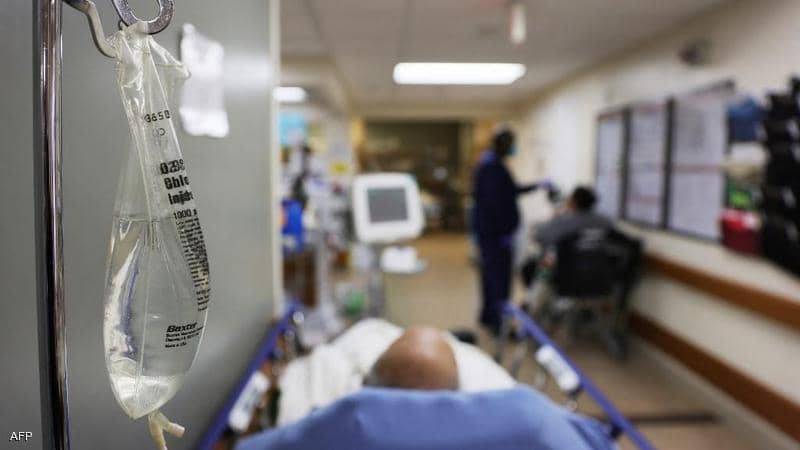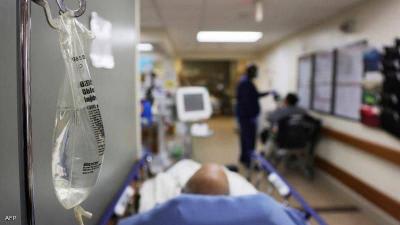As the initial effects of vaccination campaigns have faded and government aid to Americans has dried up, the Delta variant is increasingly overshadowing economic recovery in the United States. American consumption fell much more than expected in July, with spending dropping by 1.1% compared to June, according to figures released by the U.S. Department of Commerce on Tuesday. This data is crucial for assessing the health of the world’s largest economy, as consumer spending accounts for three-quarters of GDP and is a key driver of growth.
Economist Joel Naroff summarized the situation by stating, "People went out to restaurants and bought electronics and home goods, but that's about it." Indeed, there was a significant impact from the automotive sector which remains severely hampered due to semiconductor shortages, causing a decline in new car sales. Additionally, purchases of clothing as well as construction and gardening equipment are also experiencing declines. However, gas stations are performing well due to rising fuel prices over the past few months.
The End of Aid
The U.S. economy saw a significant rebound in the spring when the vaccination campaign allowed for a return to indoor dining, air travel, and hotel stays without major restrictions. This spending was supported by government checks disbursed in March and April, along with generous unemployment benefits extended to millions of unemployed workers. However, these aids are being gradually phased out, with half of U.S. states already having done so, and the entire country expected to follow suit by early September.
Jason Furman, an economic adviser to former President Barack Obama, told Agence France-Presse that the Delta variant threatens to slow the recovery, potentially shifting the U.S. economy "from very fast growth to merely fast growth." He added, "I think this will impact the economy, but not to the extent that growth will be negative again or that we will lose jobs once more." Ian Shepherdson, an economist at Pantheon Macroeconomics, noted that the variant "started to impact... restaurants and air travel at the end of July," and he anticipates stronger consequences in August with a forecast of a 3% increase in consumer spending for the third quarter, compared to earlier estimates of 6%.
A Major Problem
The resurgence of the virus could hinder the reopening of schools, slow the return to work, or even force restaurants and businesses to scale back operations once again. Joel Naroff commented, "Is the economy slowing? Yes. Is this a surprise? No. Is there cause for concern? Not yet," explaining that "the major problem facing the economy is once again the virus, and this undermines consumer confidence." Consumers believed in the spring that the pandemic was nearing its end, but their confidence waned in early August to its lowest level in nearly a decade according to the University of Michigan index.
Retail giant Walmart has stated it is monitoring the rise of the Delta variant and, on Tuesday, released quarterly results that exceeded expectations and raised its growth forecasts for 2021. The company, ranked first in the U.S. retail sector, announced it was reintroducing mask mandates in areas where the virus is spreading and requiring employees at its headquarters to be vaccinated against COVID-19 by October 4.
Joel Naroff found it "interesting that these negative figures are coming at a time when the Federal Reserve is planning to announce its intention to reduce asset purchases." In fact, the U.S. central bank may announce in September the pace at which it will gradually taper its economic support.




